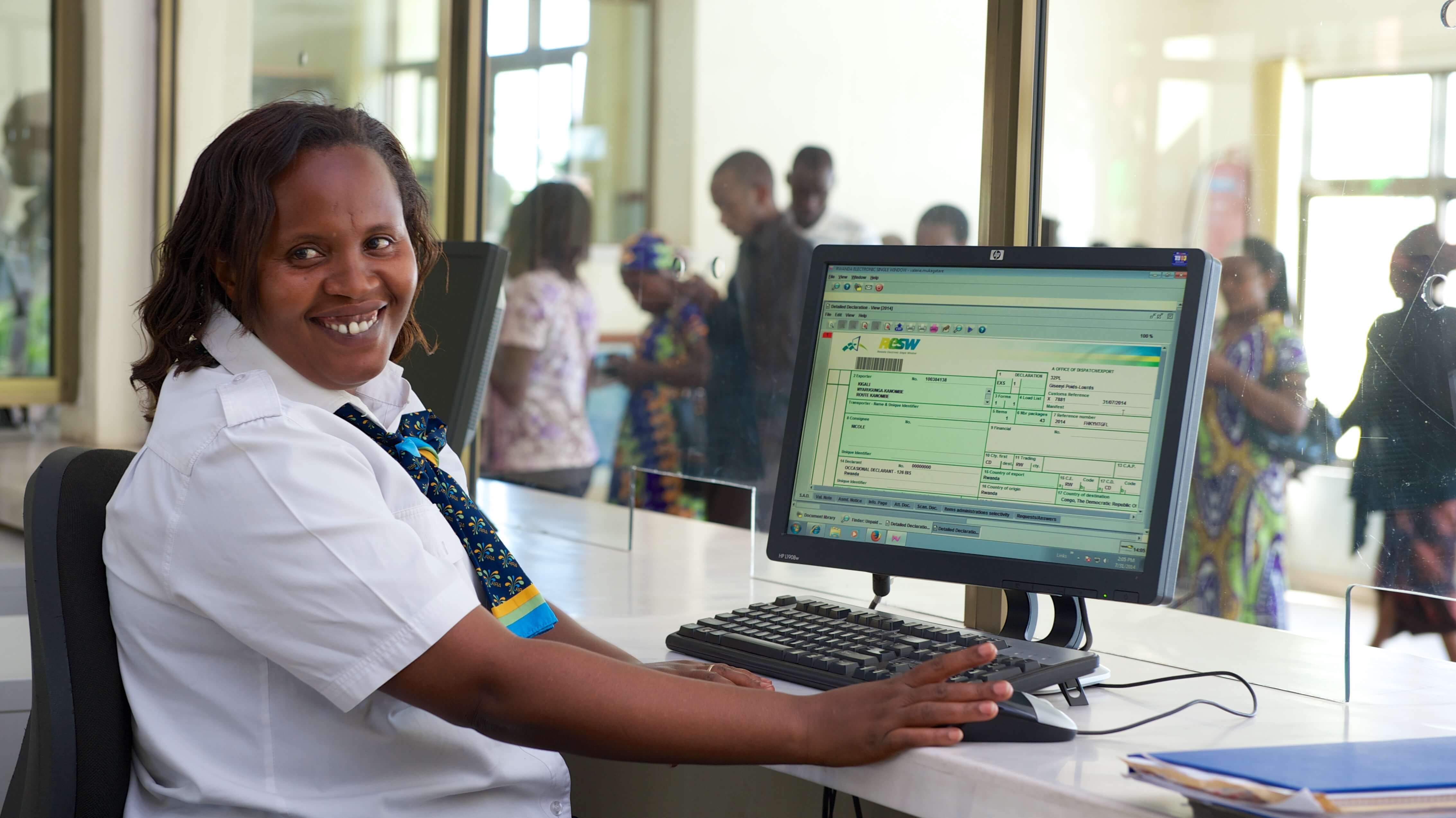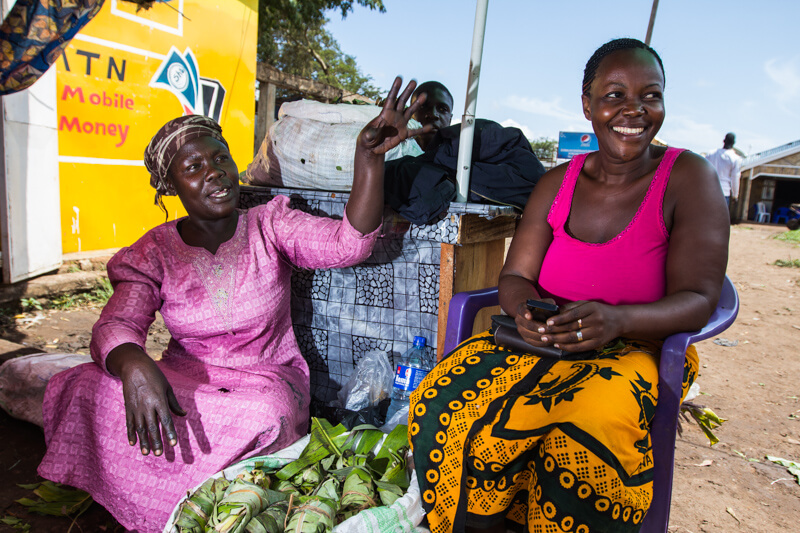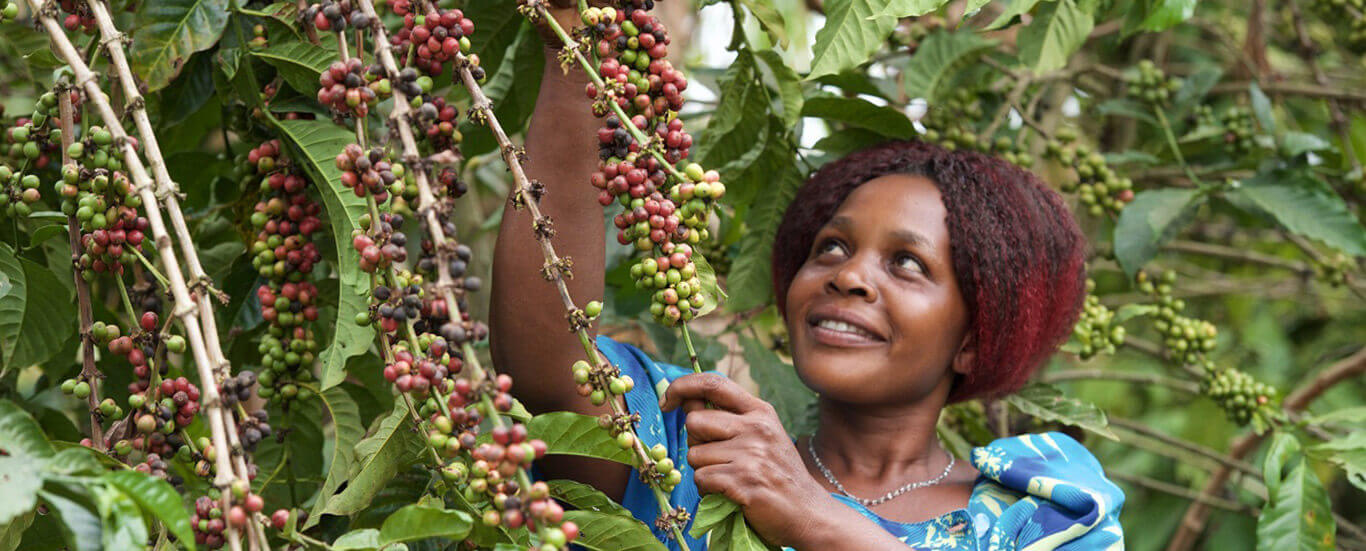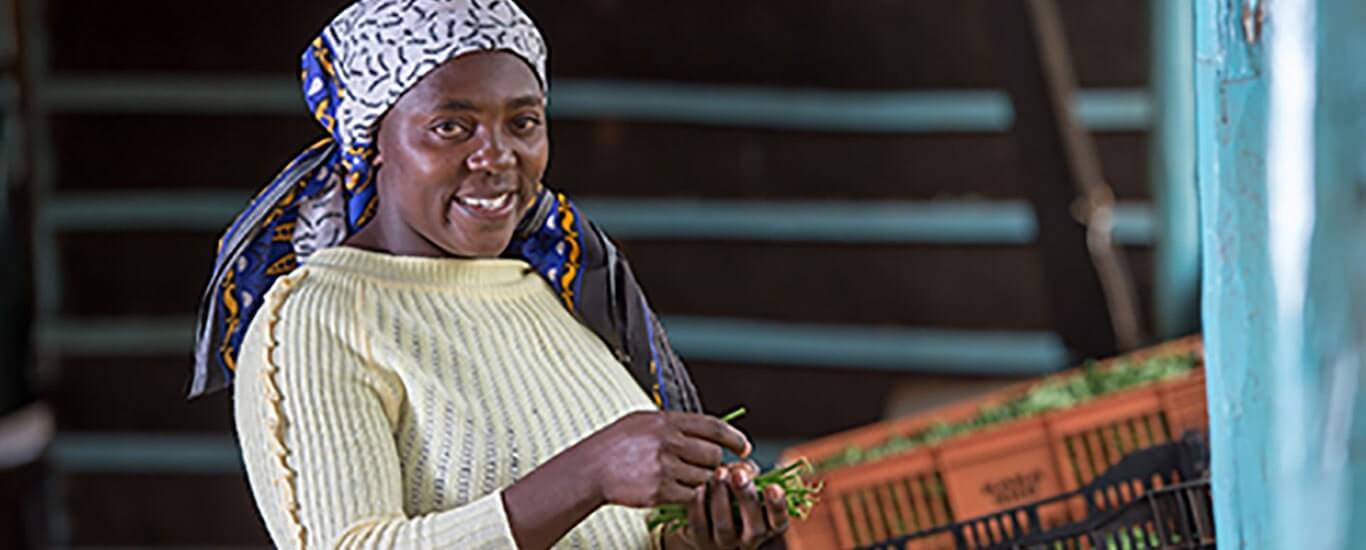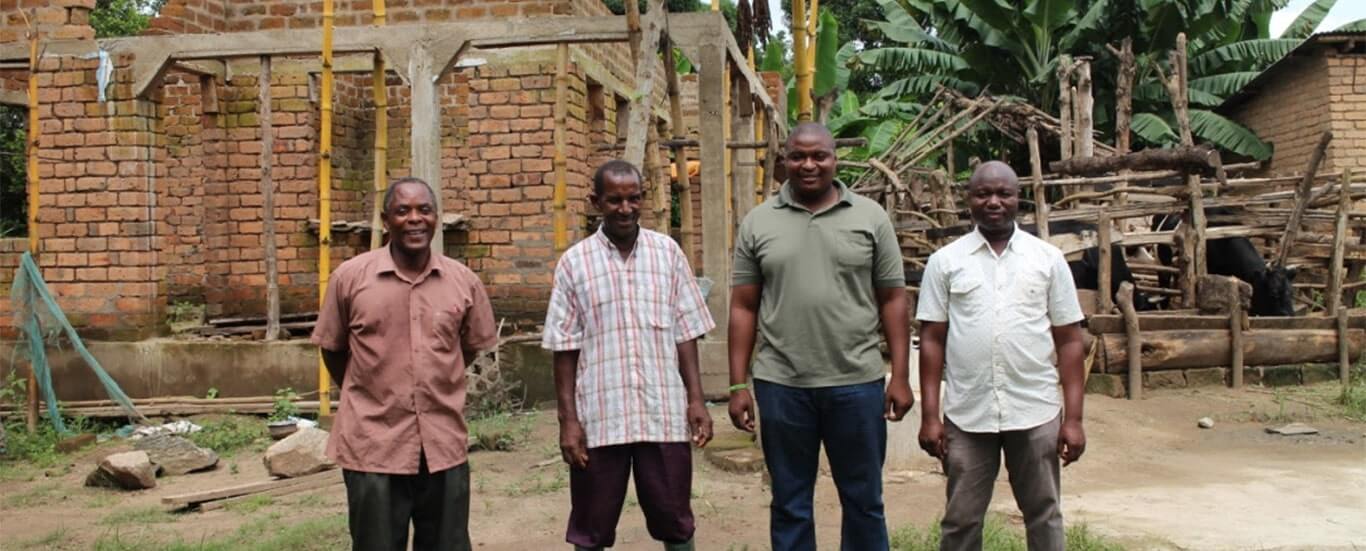Context: The Republic of Rwanda acceded to the EAC Treaty on 18th June 2007 and became full Members of the Community with effect from 1st July 2007. Information and Communication Technology (ICT) is a central engine to driving Rwanda’s transformation to a knowledge-based economy, a fact Rwanda has acknowledged by allocating a budget to ICT as a percentage of its GDP that is at par with OECD countries. Rwanda continues to be one of the fastest-growing African countries in ICT and there are several avenues for growth for the ICT sector from e-commerce and e-services, mobile technologies, applications development and automation to becoming a regional center for the training of top quality ICT professionals and research as a robust ICT industry can create wealth, jobs and entrepreneurs. Rwanda is the most improved economy worldwide since 2005 (World Bank Doing Business Report, 2014). The report further reflects Rwanda the 2nd easiest to do business in Africa after Mauritius. Business environment reforms focusing on trade facilitation endeavor to reduce the cost associated with importing and exporting products. Many factors affect the cost of trade, including poor infrastructure, slow and cumbersome border regulatory and operating processes and non-tariff measures. Reforms targeted to these factors vary depending on the local contexts and problems yet overall they broadly seek to achieve more efficient, transparent, predictable and rule-based import and export processes. Reforms may include new or upgraded trade-related infrastructure, such as roads, ports and border posts; reviewing and (re)drafting the policies, laws and regulations governing...
Use of modern ICT in conformity assessment to improve service delivery to the stakeholders – The Case of Rwanda
Posted on: May 20, 2019
Posted on: May 20, 2019

